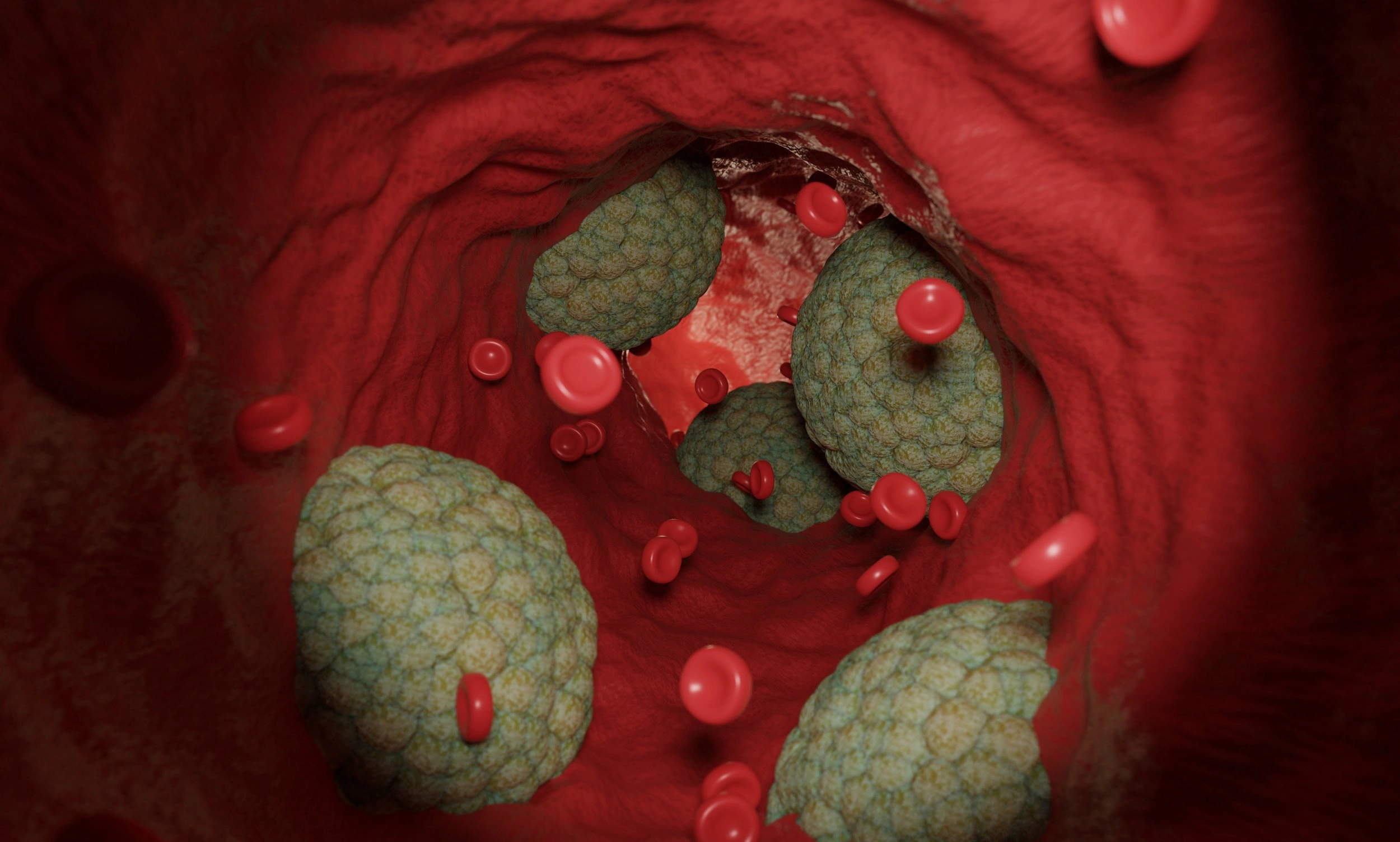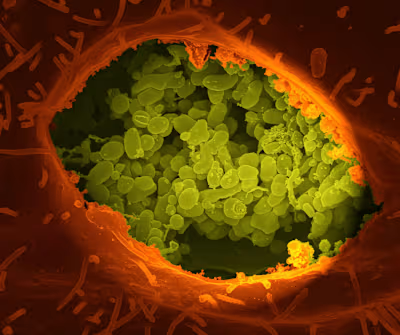Taking Statins to Reduce Cardiovascular Disease in T2 Diabetics

By Matt Olszewski
Chronically high blood sugar levels, high blood pressure, abnormal lipid levels, and inflammation are hallmark causes of atherosclerosis. Type 2 diabetics are among the highest-risk populations for morbidity and mortality. Statins can help reduce the progression of CVD complications in diabetic patients and support their overall cardiovascular health.
Diabetes is a chronic medical condition characterized by high blood sugar levels. Although there are multiple causes of diabetes, insulin resistance and genetics are the top two. 37.3 million Americans have diabetes. There are a variety of medications to control diabetes, mainly Metformin, Glucophage, and insulin injections, along with newer drugs such as Trulicity and Ozempic are prescribed as well. Managing diabetes is critical to reducing the risk of various complications: kidney damage, weight loss, blurred vision, heart disease, and stroke.
Cardiovascular disease is the number one cause of death in diabetics, with two-thirds of deaths occurring in type-2 diabetes patients. Two prominent factors that cause cardiovascular disease are insulin resistance and inflammation. Other factors include poor diet and metabolic syndrome.
How does diabetes affect the risk of cardiovascular disease?
Cardiovascular disease (CVD) affects the heart and blood vessels in various ways. While preventable, more than 695,000 people died from CVD in 2021.
High blood sugar levels in diabetics can damage the inner lining of blood vessels, called the endothelium, which leads to atherosclerosis (hardening and narrowing of arteries from plaque build-up)). This can increase the risk of coronary artery disease, heart attacks, strokes, and peripheral vascular disease. In addition, diabetes can contribute to a higher risk for diabetic cardiomyopathy, causing abnormalities in how heart muscles contract and relax. Eventually, this can lead to heart failure and arrhythmias.
What are statins?
Statins are a class of medications primarily used to lower cholesterol levels in the blood. They work by inhibiting an enzyme called HMG-CoA reductase, which plays a crucial role in the production of cholesterol in the liver. Statins help lower LDL (low-density lipoprotein) cholesterol, often referred to as "bad" cholesterol, and can increase HDL (high-density lipoprotein) cholesterol, known as "good" cholesterol.
Now, let's discuss how statins affect diabetics and lower CVD risk. Since diabetes is a condition characterized by impaired insulin function and chronic hyperglycemia, many individuals with diabetes also have atherosclerosis caused by inflammation, oxidative stress, and endothelial dysfunction. Abnormal lipid levels, including high LDL cholesterol and triglycerides, increase the risk of cardiovascular diseases–such as heart attacks and strokes–in people with diabetes. More specifically, high blood sugar in the blood vessels causes inflammation and damages the endothelium, resulting in cholesterol that sticks to the endothelium and reaches the subendothelium, causing platelet clustering, which turns into plaque buildup. The benefits of statins are widespread and help with having a sense of control over the risk of CVD in diabetics.
What benefits do statins have in reducing the risk for CVD?
Statins are particularly beneficial in reducing the risk of CVD for many reasons! Here are more ways statins can decrease the risk for CVD:
Lipid management: Statins effectively reduce LDL cholesterol levels crucial for people with diabetes with dyslipidemia. By lowering LDL cholesterol, statins help decrease the risk of atherosclerosis and other cardiovascular complications such as heart attack and stroke.
Anti-inflammatory effects: Statins have anti-inflammatory properties that extend beyond their cholesterol-lowering abilities. Inflammation plays a significant role in the development and progression of atherosclerosis. By reducing inflammation, statins can slow the progression of atherosclerosis and its complications.
Stabilizing plaque: In addition to lowering LDL cholesterol, statins stabilize plaque in the arteries. Unstable plaques are more prone to rupture, forming blood clots that can trigger heart attacks or strokes. Since plaques are covered by a fibrous cap, a blood clot will form to repair a rupture. However, this clot can block a vessel, causing a stroke or heart attack. By stabilizing plaques, statins help reduce the risk of such cardiovascular complications.
Improved endothelial function: Statins reduce platelet adhesion, induce cytoprotective genes, and can suppress vascular inflammation, thus improving endothelial function (regulates blood clotting and immune function).
Side Effects of Statins
Like any medication, statins have various potential side effects.
Some negative side effects of statins include the following:
Muscle pain (rarely, they can cause rhabdomyolysis– a severe muscle condition)
Liver damage
Digestive issues
Fatigue
Headache
The benefits of statins generally outweigh the risks, especially for individuals with diabetes who are at increased risk of cardiovascular complications. Statins lower cholesterol which reduces atherosclerosis, resulting in a lower risk for cardiovascular disease.
So, should I take statins or not?
If you have diabetes and are considering taking statins, it is essential to have a thorough discussion with your healthcare provider. Sometimes patients with diabetes can't tolerate statins because they inhibit insulin production. In addition, age can often be a deciding factor in whether to take statins or not. Your doctor can evaluate your health condition, assess the benefits and risks, and determine the most appropriate treatment plan. Medication decisions should always be made in consultation with a healthcare professional who understands your unique medical history and needs.

Matt Olszewski is a freelance writer in the Health and Medical fields based in Boston, MA. He graduated with a BA in Psychology and has work experience in clinical research. Bilingual in English and Spanish, he is currently studying at Tufts University for his MPH with a biostatistics and epidemiology concentration. During his free time, he loves going on runs, hikes, and exploring new cities.
Like this project
Posted Jul 26, 2023
Chronically high blood sugar levels, high blood pressure, abnormal lipid levels, and inflammation are hallmark causes of atherosclerosis. Type 2 diabetics ar…
Likes
0
Views
31





